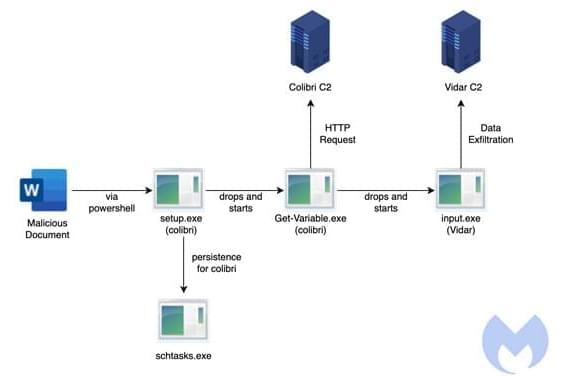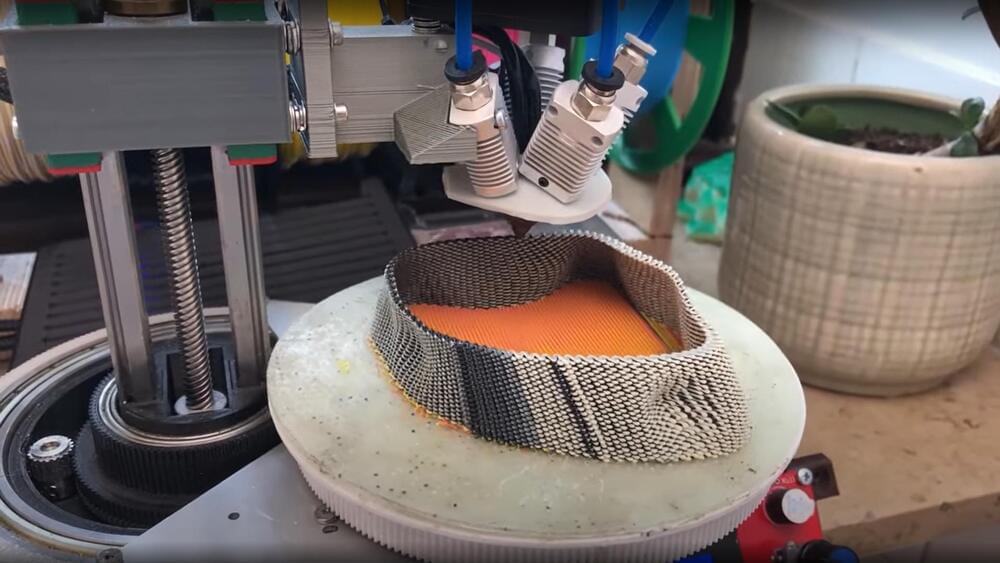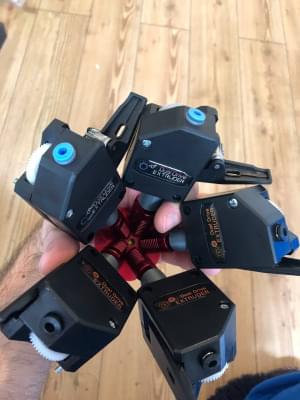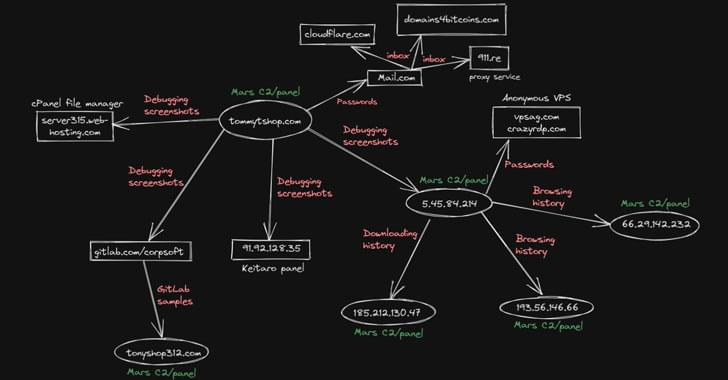Apr 11, 2022
Android banking malware takes over calls to customer support
Posted by Genevieve Klien in categories: cybercrime/malcode, finance, robotics/AI
A banking trojan for Android that researchers call Fakecalls comes with a powerful capability that enables it to take over calls to a bank’s customer support number and connect the victim directly with the cybercriminals operating the malware.
Disguised as a mobile app from a popular bank, Fakecalls displays all the marks of the entity it impersonates, including the official logo and the customer support number.
When the victim tries to call the bank, the malware breaks the connection and shows its call screen, which is almost indistinguishable from the real one.


















